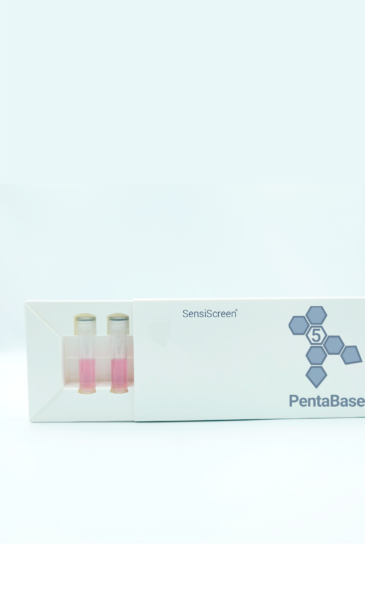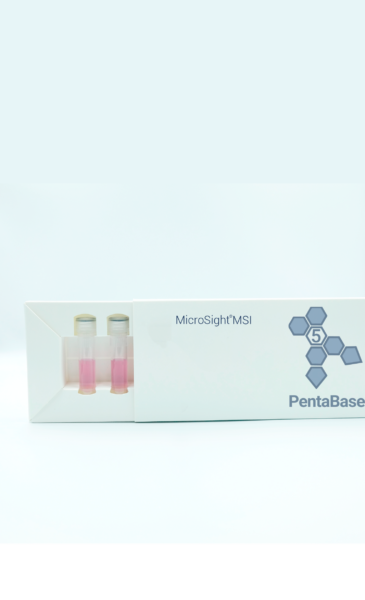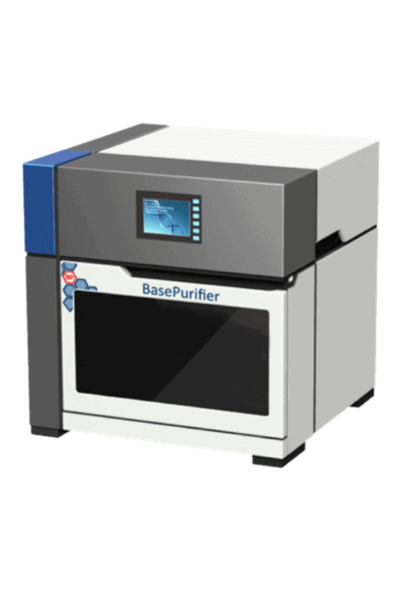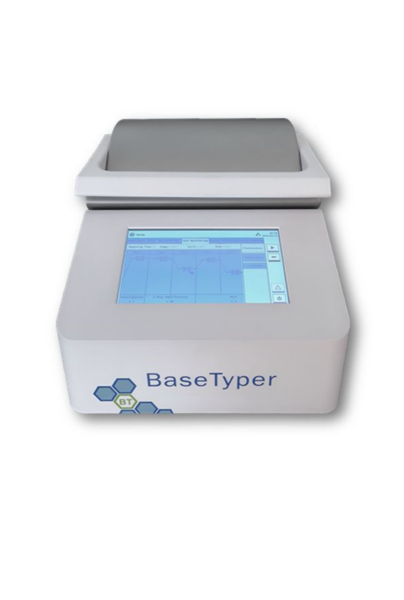PentaBase is proud of our ground-breaking EpiDirect® MGMT assay that enables direct analysis of DNA methylation status without prior bisulfite conversion
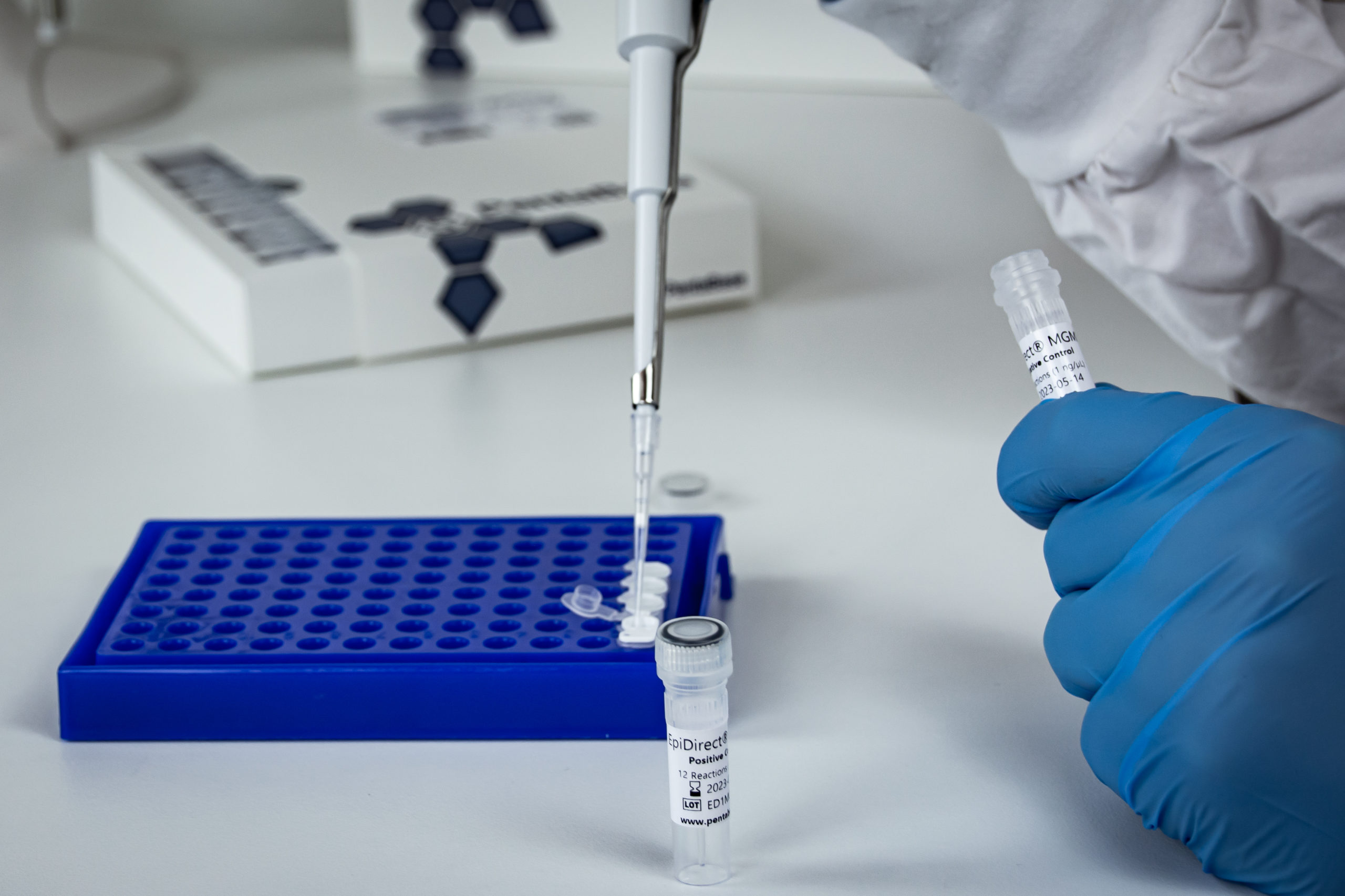
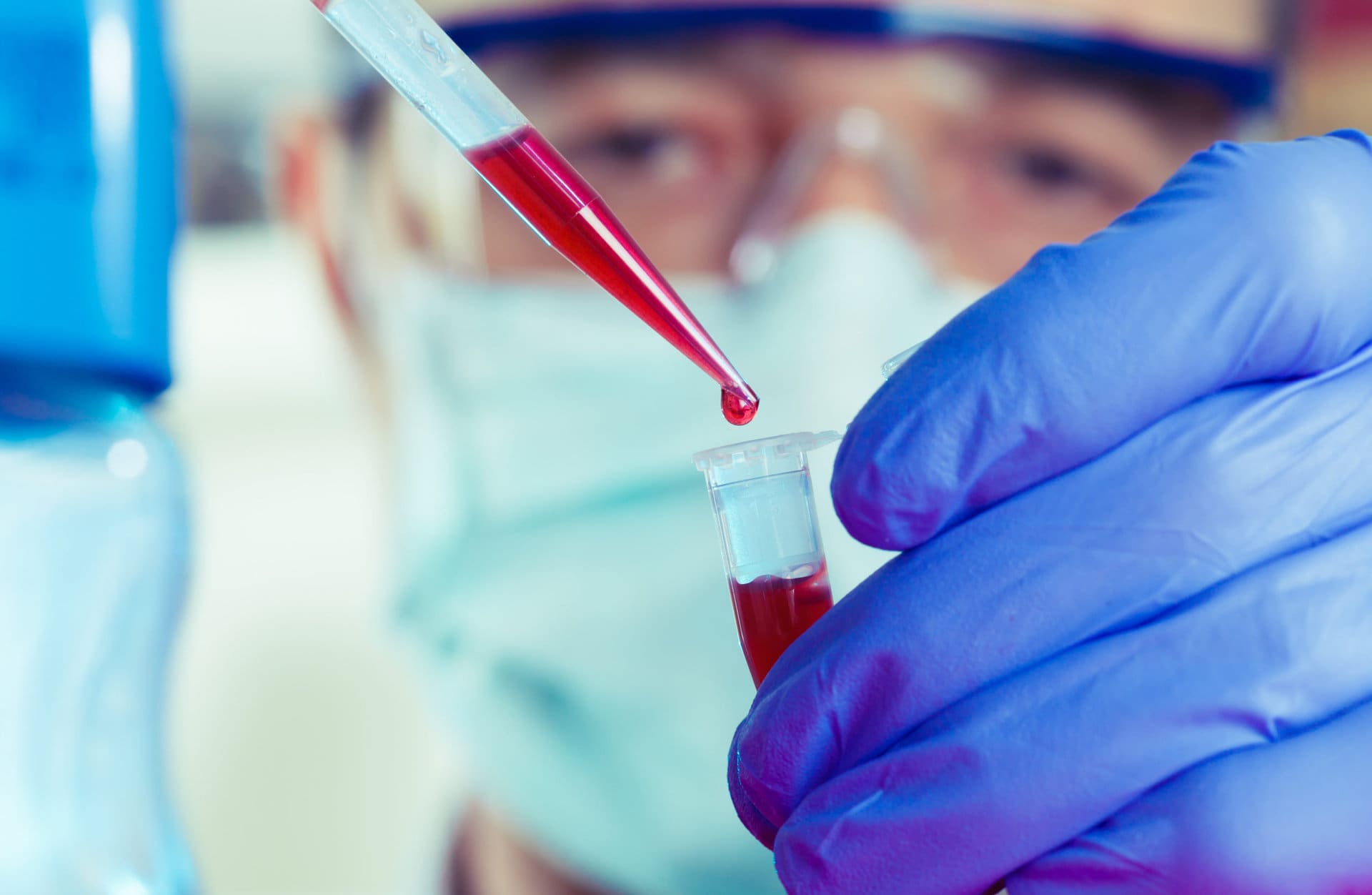
Detection, Stratification and Monitoring
As leading PCR experts, we have developed highly sensitive and specific assays enabling personalised treatment based on detection, stratification and monitoring of cancer biomarkers and respiratory viruses
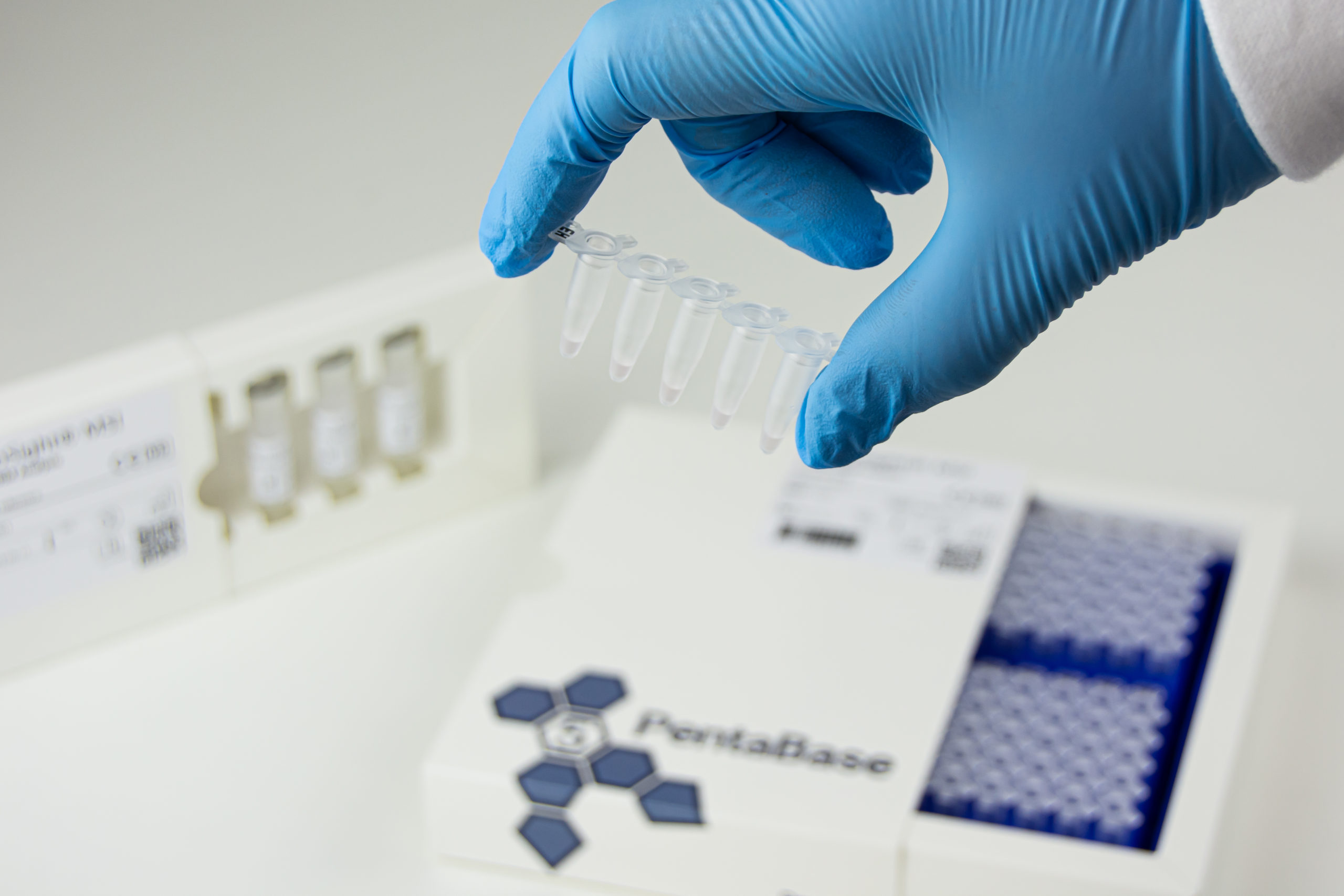
Customised High-Quality qPCR Assays
Customised oligonucleotides
At PentaBase A/S we have developed several tools of oligonucleotides modified with our INA® technology for better PCR performance and faster assay development
Custom oligos
Our custom DNA oligos are produced with thorough and careful quality control and a quick turnaround time. We ensure quality oligos! Click on the buttons below to learn more about our oligos and technology.
Assays & Instruments
As the world's leading experts in sensitive real-time PCR, we have developed selective, specific, and quick RT qPCR assays for the detection of SARS-CoV-2, mutations, and Cancer Diagnostics with the use of standard laboratory equipment. Click on the buttons below to learn more about our assays and instruments.
News
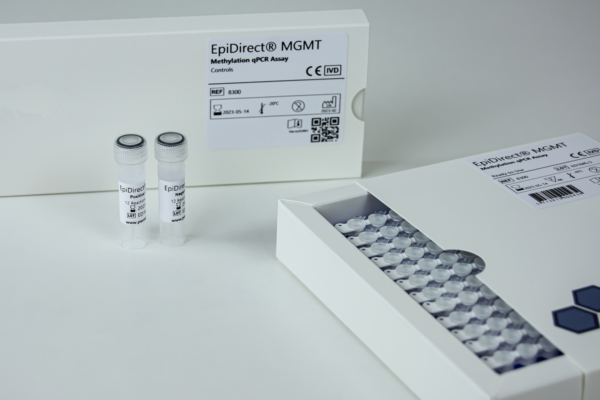
Thursday 24. Aug 2023 by smk
PentaBase presents EpiDirect®: Redefining DNA Methylation Analysis
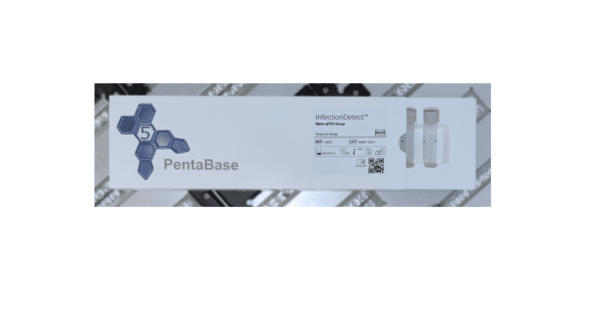
Friday 12. Aug 2022 by smk
InfectionDetect-MPOX qPCR assay – A Danish developed qPCR assay for Monkeypox
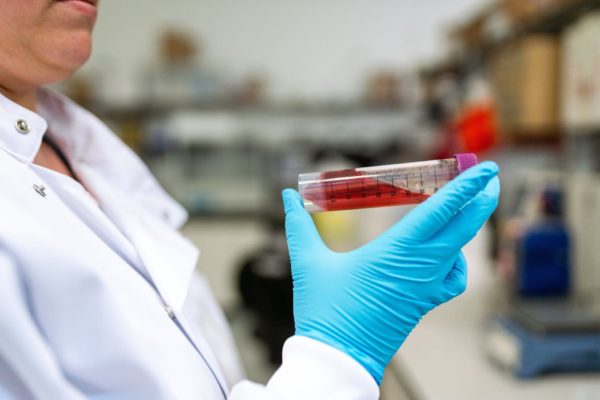
Friday 29. Jul 2022 by smk
MicroSight® MSI 1-step HRM Analysis for Microsatellite Instability

Wednesday 8. Jun 2022 by smk
Overlevelsesguide post corona i Europa og verden
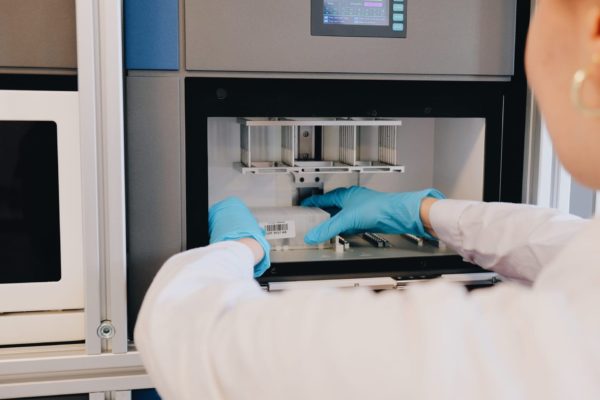
Monday 16. May 2022 by smk
World’s first DNA methylation assay without pre-treatment

Thursday 12. May 2022 by smk
PentaBase´s IVDR transition
Tuesday 22. Mar 2022 by thk
PentaBase gears up and joins Tour de France!

Tuesday 12. Oct 2021 by thk
PentaBase receives the BDOs “Succesvirksomhed 2021”-award
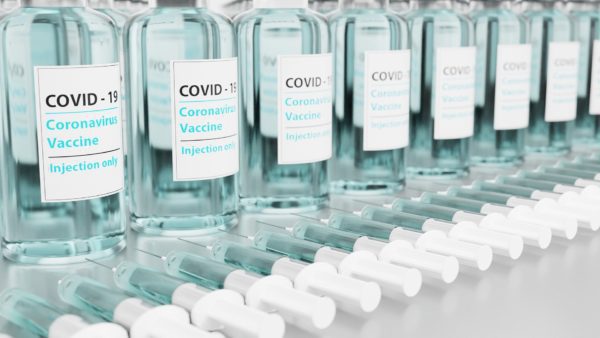
Friday 1. Oct 2021 by thk
Are you vaccinated with Johnson & Johnson?

Friday 24. Sep 2021 by thk
PentaBase volunteers to test refugees on the border of Europe!
Innovation located in the heart of Denmark
5+ Million
Pentabase has delivered over 5 Million analyses for private and for companies.
17+ Countries
Supplying assays and instruments in over 17 countries
40 Employees
Founded and headquartered in Denmark, currently employing more than 40 professionals across our facilities in Denmark.
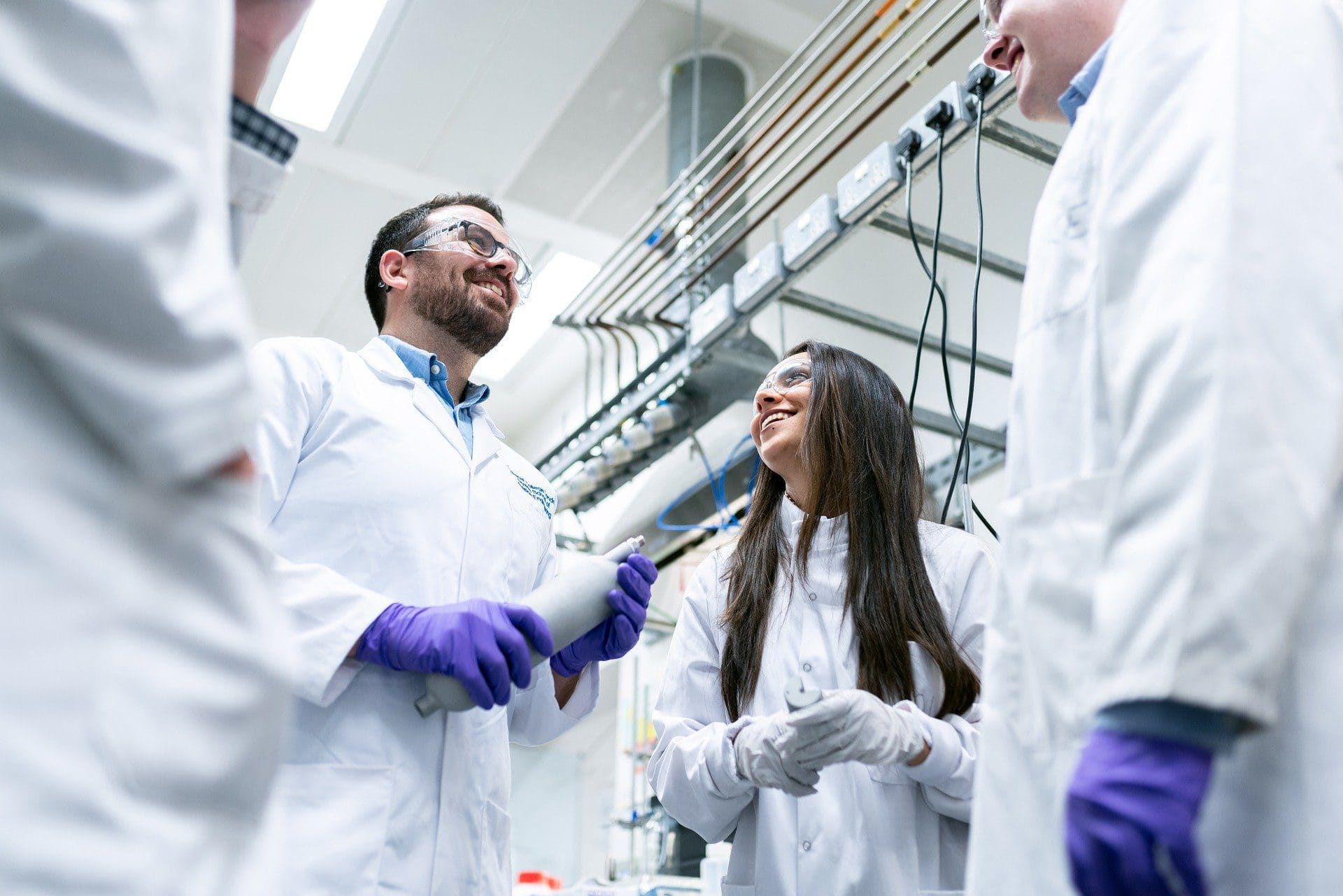
Innovating PCR
For more than 10 years, PentaBase has created real-time PCR-based products for researchers and medical professionals exploring new treatments and helping patients worldwide. Our products are based on our proprietary technology, Intercalating Nucleic Acids (INAs®), providing unique abilities in analysis and manipulation of genetic material.







